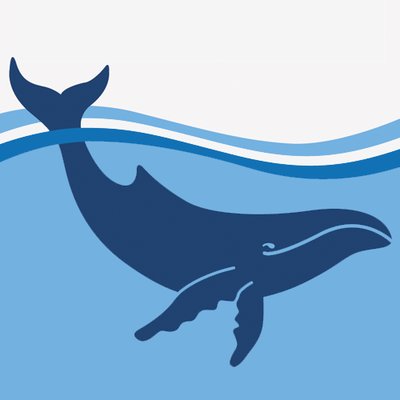The impact of artificial intelligence on our daily lives, the growth of online climate change misinformation, and the threat polarisation represents to democracy are topics being addressed by QUT’s Digital Media Research Centre (DMRC) at the 2023 Woodford Folk Festival.
The festival begins on December 27 and as well as the panel discussions, DMRC researchers are running ‘Play As A Digital Child’ workshops for children aged 6-15 which are designed to encourage active and safe digital citizenship.
AI and Society, led by moderator DMRC Director Professor Dan Angus, features panellists Distinguished Professor Jean Burgess, founding director of the DMRC and now Associate Director of the national ARC Centre of Excellence for Automated Decision-Making and Society (ADM+S), Dr Aleesha Rodriguez, Research Fellow with the QUT School of Early Childhood & Inclusive Education, and Daniel Whelan-Shamy, a PhD student with the QUT node of the ADM+S.
“The impact of automation in our daily lives is immense. Our session will cover generative AI, algorithmic advertising, banking, government systems, retail, education and so much more. It’s a discussion that’s increasingly important,” Distinguished Professor Burgess said.
AI and Society will take place between 11am and 12pm at The Evergreens on Friday 29 December.
Professor Angus is also the moderator for another session that night – Denialists, Sceptics and Contrarians: Sowing Climate Confusion which covers a growing trend in Queensland, Australia, and beyond.
“Never has it been more important to examine the motivations behind disinformation and explore fact-checking and debunking strategies on the complex issue of climate change,” Professor Angus said.
“The Woodford Folk Festival is the perfect venue to discuss and encourage people to work towards a more sustainable future. We hope the audience will enjoy participating in this session.”
The talk starts at 7.15pm and panellists include PhD researchers Carly Lubicz, Caroline Gardam and Ned Watt.
Two further DMRC-led discussions will take place on Saturday December 30 – Political Polarisation with the DMRC considers the threat that polarised discourse represents to democracy in six countries including Australia – and Sunday December 31 – Polarisation, Radicalisation and Cult-Like Behaviour, hosted by author and podcaster Sarah Steel.
The Play as a Digital Child workshops, run as part of the children’s festival, are scheduled for Thursday 28 December and Sunday 31 December.








